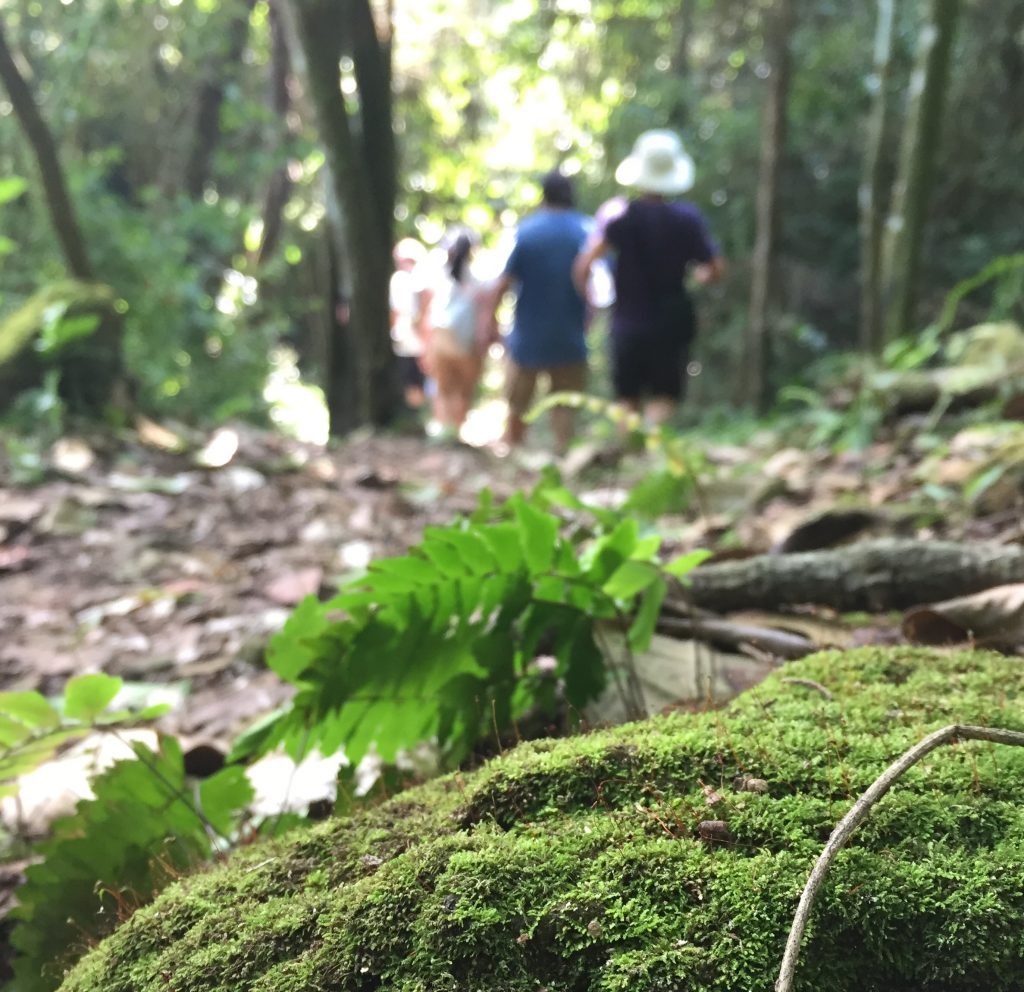
The Quechua people have a term called sumak kawsay to refer to their philosophy regarding the relationship between the community, culture, and the Earth. The same ideals translate in the phrase Buen Vivir, a Spanish representation of sumak kawsay. While the English translation only means “good living,” the actual significance of Buen Vivir is much broader. It is a way of living, a way of relating the people and the land.
The Differences:
In the United States, we frequently highlight our individuality, our ability to thrive without help. But in Ecuador, daily life is communal: families live in adjacent neighborhood blocks, unmarried children live with their parents (sometimes into their thirties), and birthdays take the shape of family reunions. Communities define individuals more than their individual characteristics do. The group mentality places the foundations for Buen Vivir. Communities are stewards of nature, and both work to maintain each other. As a result, this way of thinking promotes local, sustainable production that is difficult to achieve in a large-scale company.
You can see this put into effect right outside Guayaquil. Local vegetation masks the farmland that extends from the coast to the sierra. Farmers don’t clear out whole plots of land to plant their crops, but work around the land to keep its integrity. In the U.S., it’s impossible not to notice the sheer immensity of space farmland comprises. But here, if you aren’t observant, you might not realize it’s farmland. You can see the effects of smaller-scale farming in the rows of stalls at the markets. There you can’t purchase fruit or meat from a trademarked company, but rather from community members. These are people with whom you can buy from, sell to, and chat with, immersing customers in the local culture.
Ecuador’s Response:
In 2008, Ecuador became the first country to rewrite its constitution to give explicit rights to nature. Their government has committed to Buen Vivir verbally and in their policy. This directly translates to protecting Ecuador’s biodiversity—and for good reason. Eight percent of all all Earth’s animals live in Ecuador, which covers only 0.2% of the earth’s surface. Even so, how can nature speak up when its rights are violated? This change isn’t perfect, but it’s a step in the right direction for Latin American environmental policy.
Culture requires a community, and how that community uses the resources available to them is an extension of that culture. Buen Vivir is an example of how Latin American countries are integrating social, environmental, and cultural characteristics to create a sustainable and balanced community.
And that makes Buen Vivir so much more than simply “good living.”
